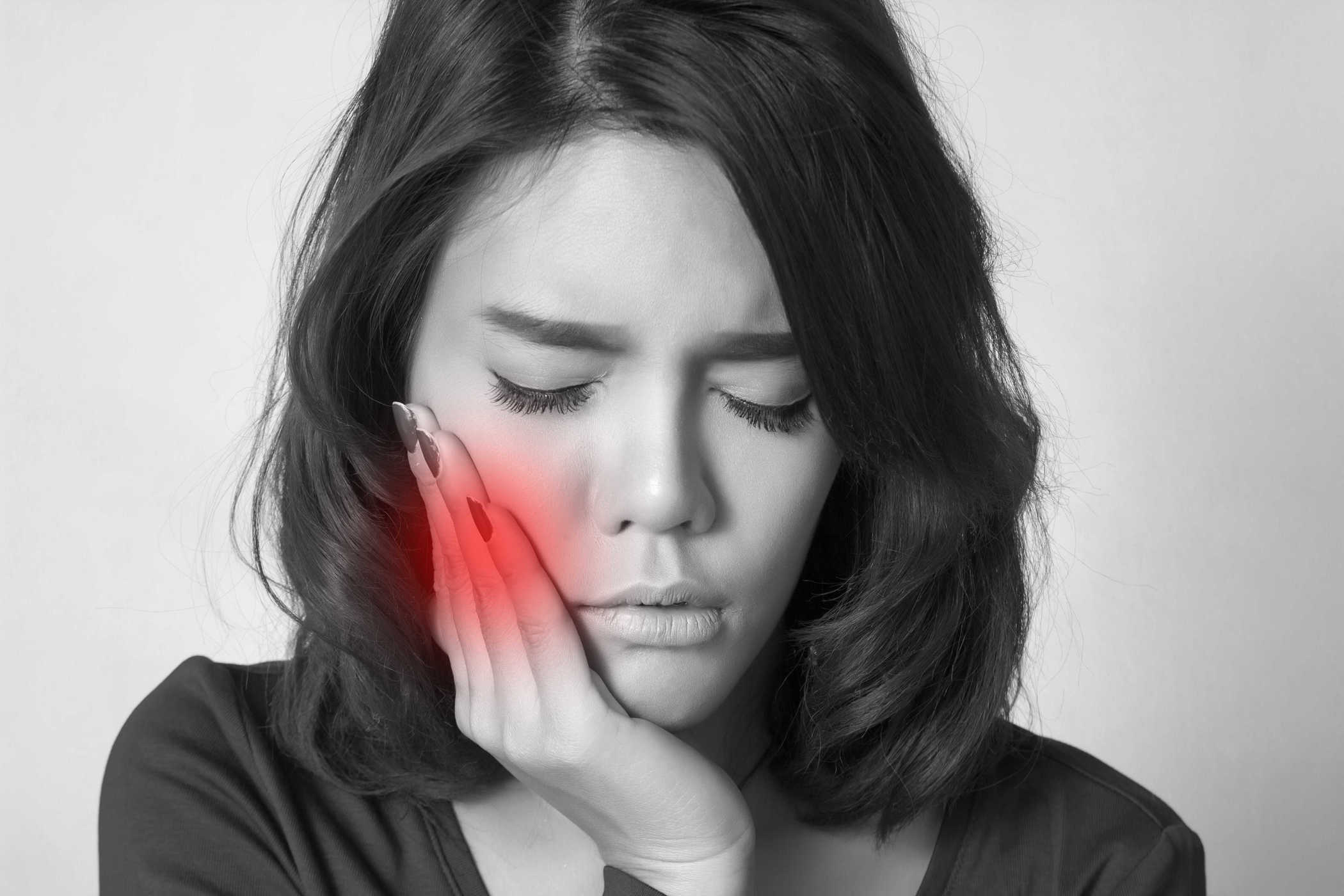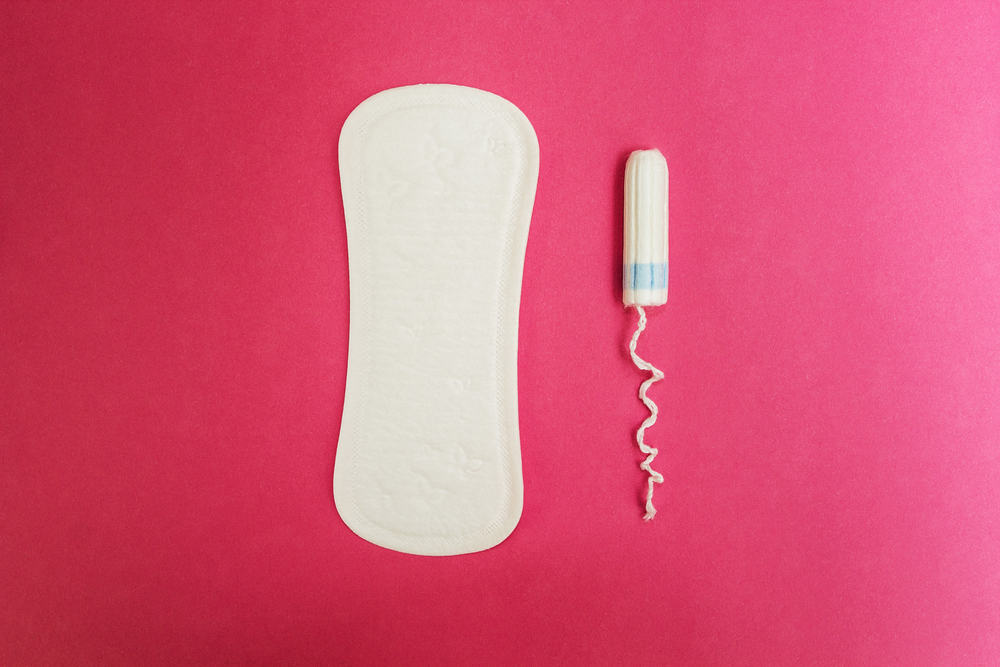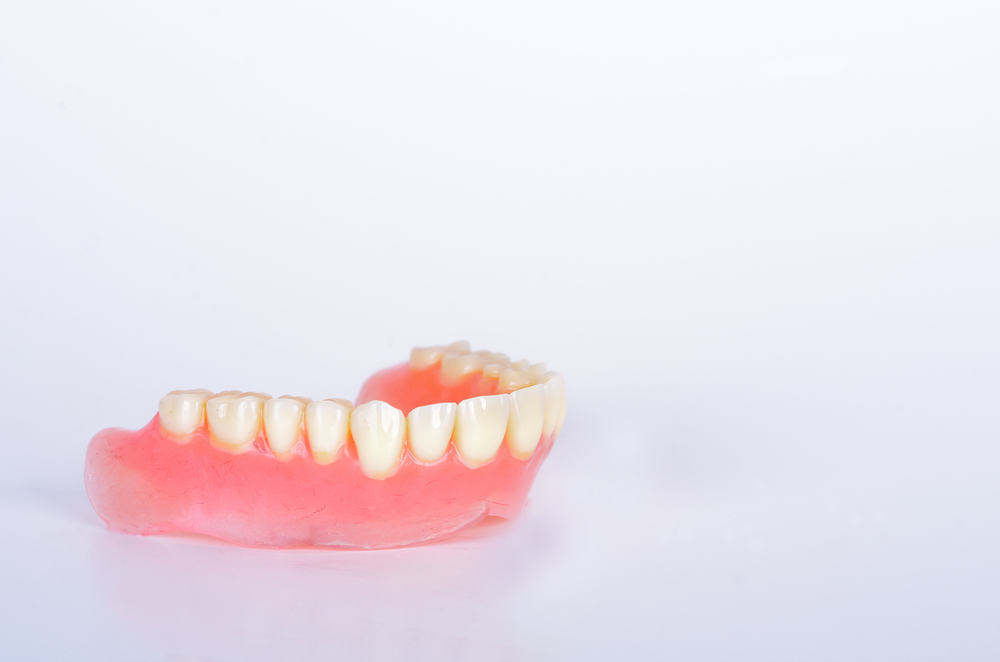Contents:
- Medical Video: Breast Cancer - Causes, Types, Symptoms and Treatment Options
- Is it true that calcium channle blockers can trigger breast cancer?
Medical Video: Breast Cancer - Causes, Types, Symptoms and Treatment Options
Breast cancer is one of the most fatal cancers in women. Your chances of having cancer can be due to genetic or non-genetic factors. Non-genetic factors include food, exercise, or consuming certain substances, including drugs.
Hypertension is a chronic condition that is often treated with drugs called antihypertensive agents. Several types of anthypertive agents include angiotensin-converting-enzyme (ACE) inhibitors, angiotensin-receptor blockers (ARBs), beta blockers, diuretics and calcium-channel blockers.
Calcium channel blockers can reduce blood pressure by reducing calcium intake into muscle cells in the arterial wall, thereby minimizing muscle contraction. Channel blockers include amlodipine (Norvasc), diltiazem (Cardizem LA, Tiazac), isradipine (DynaCirc CR), nicardipine (Cardene SR), nifedipine (Procardia, Procardia XL, Adalat CC), nisoldipine (Sular), and verapamil (Calan, Verelan , Covera-PM).
Is it true that calcium channle blockers can trigger breast cancer?
The use of calcium channel blockers in the long term can increase the risk of breast cancer doubling compared to women who do not use the drug. From recent research, women who experience menopause and use this drug for more than 10 years are at risk of developing breast cancer.
Although blood pressure-lowering drugs have been prescribed to many people, data on their long-term effects is very rare.
Overall, the use of antihypertensive drugs is not associated with an increased risk of breast cancer. However, the results of the study say that the type and duration of antihypertensive therapy calcium-channel blockers can be seen as a trigger for breast cancer risk. In fact, women who have been menopausal and have used calcium-channel blockers for 10 years or more are at twice the risk of developing ductal and lobular invasive cancers compared to women who did not use the drug and compared with patients using other hypertensive drugs.
There is evidence that some hypertension drugs can trigger breast cancer risk. A study conducted on 3000 women found that of all high blood pressure medications, only calcium channel blockers can increase the risk of breast cancer. This indicates that other types of antihypertensive drugs such as beta blockers, diuretics, and ARBs, are not associated with an increased risk of breast cancer, even if used in the long term.
However, several previous studies have examined the relationship between blood pressure drugs and breast cancer, and found several variations in results. Although previously there were three studies that suggested that there was a relationship between calcium cannel blockers and cancer, there were also several studies that could not find a connection between the two.
Because calcium has a vital function in the human body, the fact that drugs that affect calcium dynamics can cause serious risks that end in cancer is not surprising. Changes in calcium concentration in cells are believed to interfere with apoptosis (the death of damaged body cells) which is one of the body's natural resistance to fighting cancer. One hypothesis is that calcium channel blockers can prevent apoptosis in cancer cells.
Despite the potential problems raised by this study, this finding does not change medical practice. This study is indeed very good, but that does not mean doctors should stop prescribing calcium channel blockers, because the research is in the form of observational studies.
Always consult your doctor if you are concerned about risking breast cancer and blood pressure medications.
READ ALSO:
- 5 Wrong Myths About Hypertension (High Blood Pressure)
- Can Deodorants Cause Breast Cancer?
- 4 Most Common Symptoms of Breast Cancer












